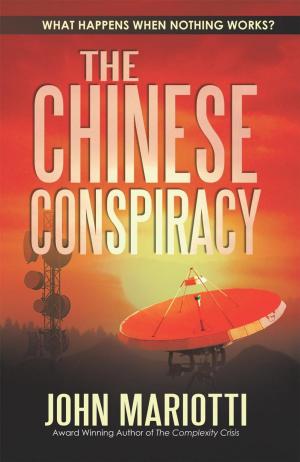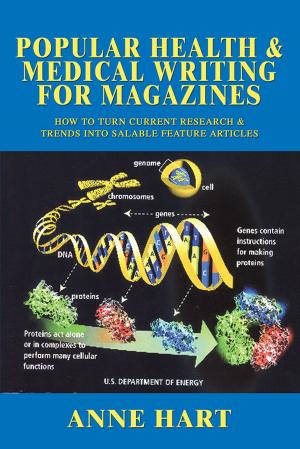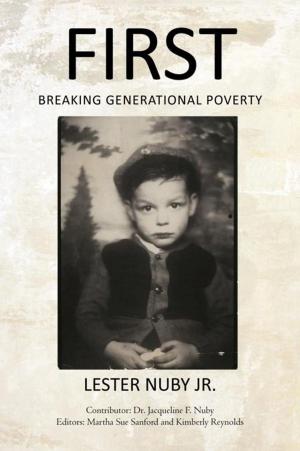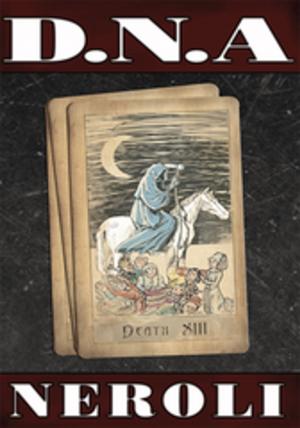Beyond Atheism, Beyond God
The Quest for Transcendent Being
Nonfiction, Religion & Spirituality, Philosophy, Logic, Ethics & Moral Philosophy| Author: | Philip A. Stahl | ISBN: | 9781475998290 |
| Publisher: | iUniverse | Publication: | August 19, 2013 |
| Imprint: | iUniverse | Language: | English |
| Author: | Philip A. Stahl |
| ISBN: | 9781475998290 |
| Publisher: | iUniverse |
| Publication: | August 19, 2013 |
| Imprint: | iUniverse |
| Language: | English |
In his new study, Beyond Atheism, Beyond God, author Philip A. Stahl uses atheism as a rational stepping stone to arrive at an emergent conception of the universe, exposing features that might be described as transcendent.
He presents an impersonal approach to Being that is devoid of any specific religious overtones or affi liations. Each person becomes a quantum-based co-creator in his or her own right, according to physicist Henry Stapp. As such, we are able to thereby see ourselves and our humanity in a new light, as opposed to being merely reactive cogs in a vast mechanical-reductionist machine. Effectively, we emerge as much more than assemblies of molecules.
This volume, the fourth and final entry in Stahls series on atheism, seeks to arrive at a transcendent concept of being that also surpasses absolutism and nave or dogmatic deity templates. It considers the development of a more realistic, cogent and effective ethics and morality less likely to be exploited by the power mongers or sacred source apologists, and it answers the question of whether God existsthough not in the way one would normally assume.
In his new study, Beyond Atheism, Beyond God, author Philip A. Stahl uses atheism as a rational stepping stone to arrive at an emergent conception of the universe, exposing features that might be described as transcendent.
He presents an impersonal approach to Being that is devoid of any specific religious overtones or affi liations. Each person becomes a quantum-based co-creator in his or her own right, according to physicist Henry Stapp. As such, we are able to thereby see ourselves and our humanity in a new light, as opposed to being merely reactive cogs in a vast mechanical-reductionist machine. Effectively, we emerge as much more than assemblies of molecules.
This volume, the fourth and final entry in Stahls series on atheism, seeks to arrive at a transcendent concept of being that also surpasses absolutism and nave or dogmatic deity templates. It considers the development of a more realistic, cogent and effective ethics and morality less likely to be exploited by the power mongers or sacred source apologists, and it answers the question of whether God existsthough not in the way one would normally assume.















